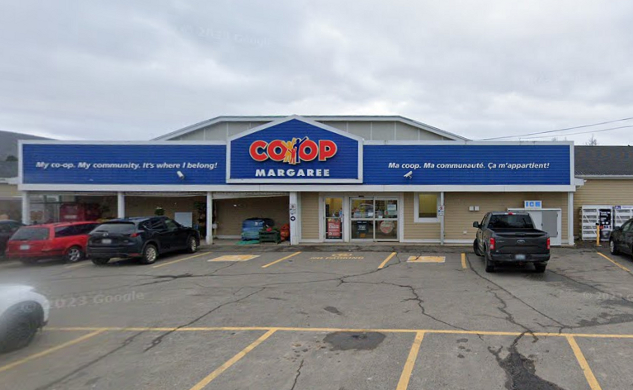
MARGAREE FORKS, Nova Scotia — The Margaree Co-op Grocery, a member-owned store serving rural Cape Breton, stands as a vital hub for fresh food and community connection in an area underserved by large retailers,
In This Article
- Why are food deserts growing in America’s biggest cities?
- What does Nova Scotia’s rural food system teach us?
- Is community ownership a form of socialism — or true capitalism?
- How can private suppliers support non-corporate grocery stores?
- What would it take for New York to try something new?
🔓
Continue Reading — Free Membership
InnerSelf is a community of real people — not bots, not algorithms.
Register free to read this article and access our full 25,000-article archive.
No credit card. No spam. Just InnerSelf.
